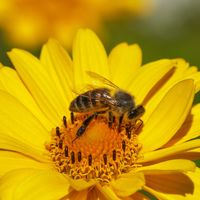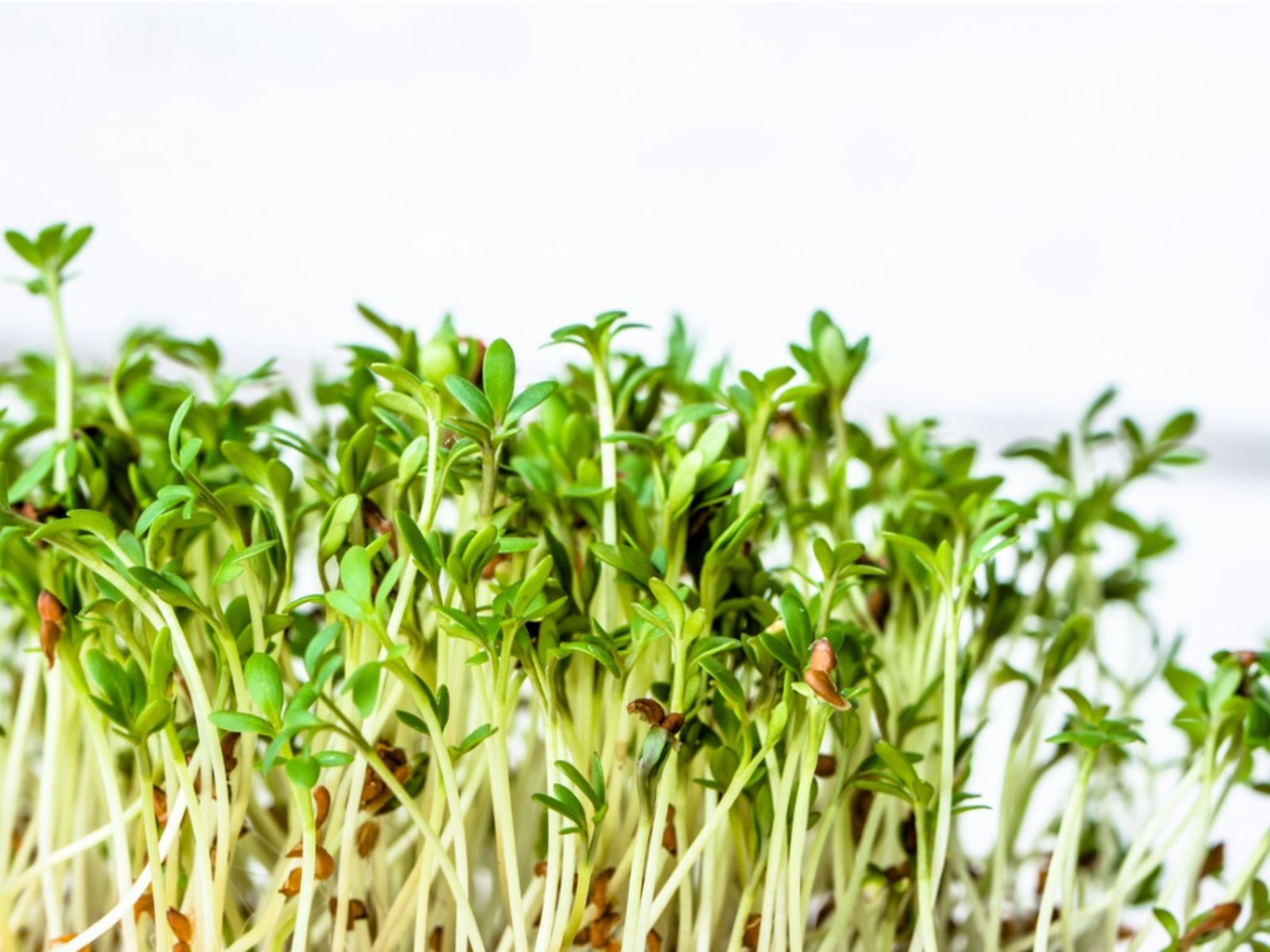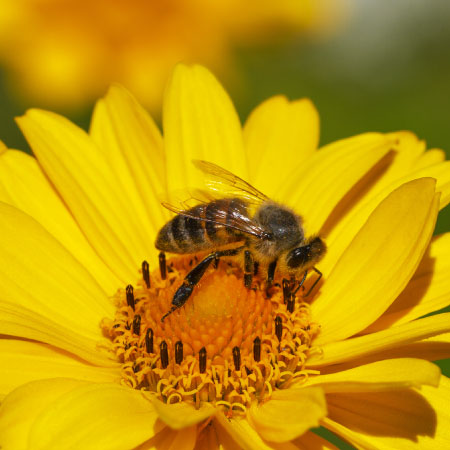Alfalfa Sprouts How To: Tips On How To Grow Alfalfa Sprouts At Home


Alfalfa sprouts are tasty and nutritious, but many people have given them up because of the risk of salmonella infection. If you're concerned about the recalls of alfalfa sprouts over the past few years, try growing your own alfalfa sprouts. You can significantly reduce the risk of food borne illness associated with commercially grown sprouts by growing alfalfa sprouts at home. Continue reading to learn more about homegrown sprouts.
How to Grow Alfalfa Sprouts
Learning how to grow alfalfa sprouts isn't too difficult. The simplest equipment for sprouting seeds is a canning jar fitted with a sprouting lid. Sprouting lids are available where you buy your seeds or in the canning section of the grocery store. You can make your own by covering the jar with a double layer of cheesecloth and securing it in place with a large rubber band. Clean your equipment with a solution of 3 tablespoons of unscented bleach per quart of water and rinse thoroughly. Buy certified pathogen-free seeds that are packaged and labeled for sprouting. Seeds prepared for planting may be treated with insecticides, fungicides, and other chemicals and aren't safe to eat. If you would like an extra measure of precaution, you can sanitize the seeds in a pan of hydrogen peroxide heated to 140 degrees F. (60 C.). Immerse the seeds in the heated hydrogen peroxide and stir frequently, then rinse for one minute under running tap water. Place the seeds in a container of water and skim off the debris that floats to the top. Most contamination is associated with this debris.
Alfalfa Sprouts How To
Once you have your equipment and are ready for growing alfalfa sprouts, follow these easy steps to grow your own alfalfa sprouts:
- Place a tablespoon of seeds and enough water to cover them in the jar and secure the lid in place. Set the jar in a warm, dark location.
- Rinse the seeds the following morning. Drain the water from the jar through the sprouting lid or cheesecloth. Give it a gentle shake to get rid of as much water as possible, then add lukewarm water and swirl the seeds in the water to rinse them. Add slightly more than enough water to cover the seeds and replace the jar in a warm, dark place.
- Repeat the draining and rinsing procedure twice a day for four days. On the fourth day, place the jar in a bright location out of direct sunlight so the homegrown sprouts can develop some green color.
- Rinse the growing alfalfa sprouts and place them in a bowl of water at the end of the fourth day. Skim off the seed coats that rise to the surface and then strain them through a colander. Shake out as much water as possible.
- Store the sprouts in a plastic bag in the refrigerator. Homegrown sprouts keep in the refrigerator for up to a week.
Now that you know how to grow your own alfalfa sprouts, you can enjoy this nutritious treat without any worries.
Sign up for the Gardening Know How newsletter today and receive a free copy of our e-book "How to Grow Delicious Tomatoes".

Jackie Carroll has written over 500 articles for Gardening Know How on a wide range of topics.